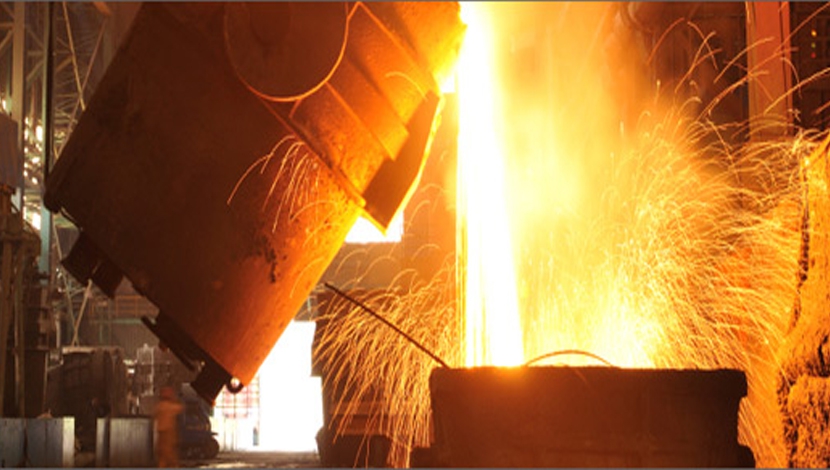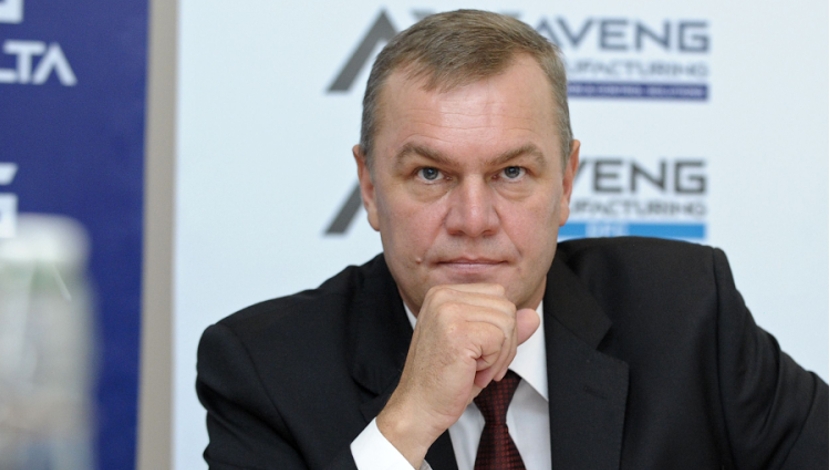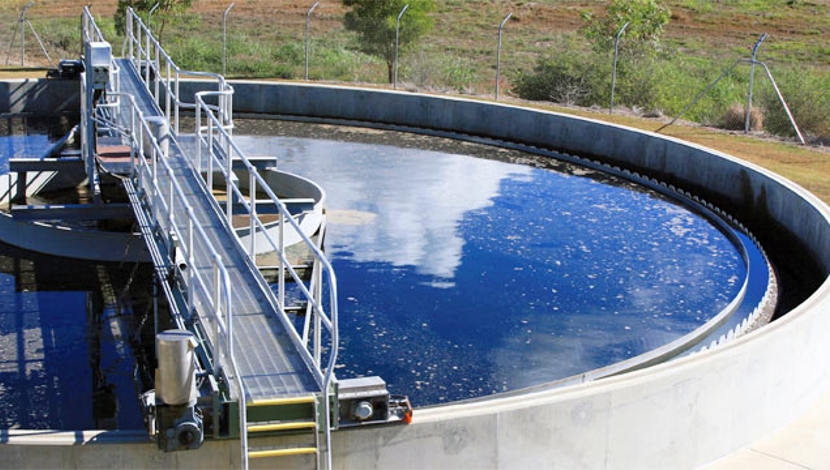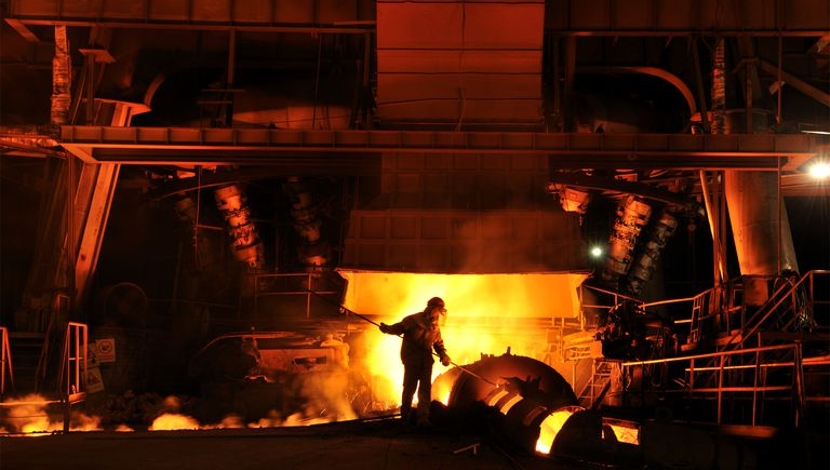

Steel producer ArcelorMittal South Africa (AMSA) has made a R1.5-billion proposal to the Competition Commission to settle all outstanding matters against the company. If approved, it would be the largest competition-related fine ever paid by a single South African entity.
Departing CEO Paul O’Flaherty, who handed over the reins on February 12 to acting CEO Dean Subramaniam ahead of the imminent appointment of a permanent replacement, said a provision of R1.25-billion had been made for the settlement as part of once-off provisions of R2.6-billion for 2015.
Together with impairments of R6.8-billion, the once-off write-downs contributed materially to the group’s massive year-end loss of R8.6-billion, which was 54 times worse than the loss of R158-billion reported in 2014.
Subramaniam stressed that the agreement with the commission was for the settlement payments to be liquidated over a period of five years, which would probably translate into a cash-flow impact of around R300-million in 2016.
However, the commission still needed to recommend the offer to the Competition Tribunal, which could approve or disallow the settlement.
The settlement formed part of a “journey”, initiated in August 2014, to improve the company’s relations with government, whose assistance was required to stave off unfair import competition from China.
Since then progress had been made, with AMSA having secured 10% protection in eight of the ten product categories on which it made application to the International Trade Administration of South Africa (Itac).
But AMSA was also pursuing five safeguard-duty applications, which, if successful, would impose far higher protection levels than the 10% already secured.
The company dismissed any correlation between the protection already granted and recent increases in domestic steel prices, arguing that the January adjustments were the result of a $10/t rise in the international steel basket price and a fall in the value of the rand against the US dollar.
O’Flaherty also insisted that AMSA was “ready to sign” a fair pricing agreement with government, which would regulate the domestic price of flat steel to protect downstream consumers in return for the higher levels of upstream protection.
The new model would still be linked to a dollar basket, which meant that prices would continue to adjust to changes in international steel prices and the exchange rate.





